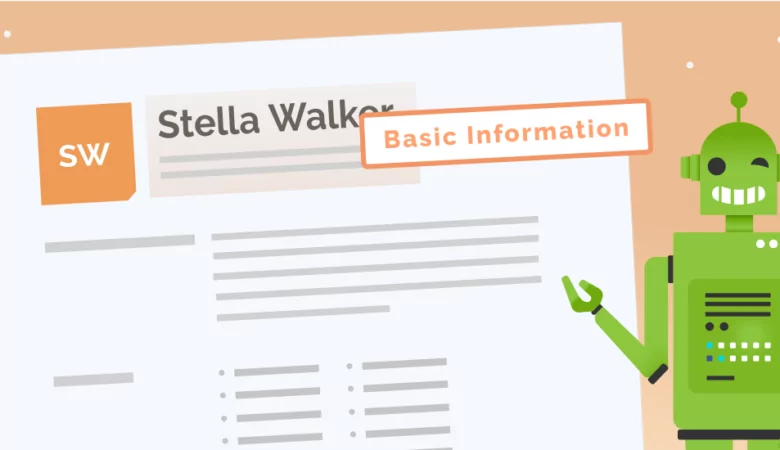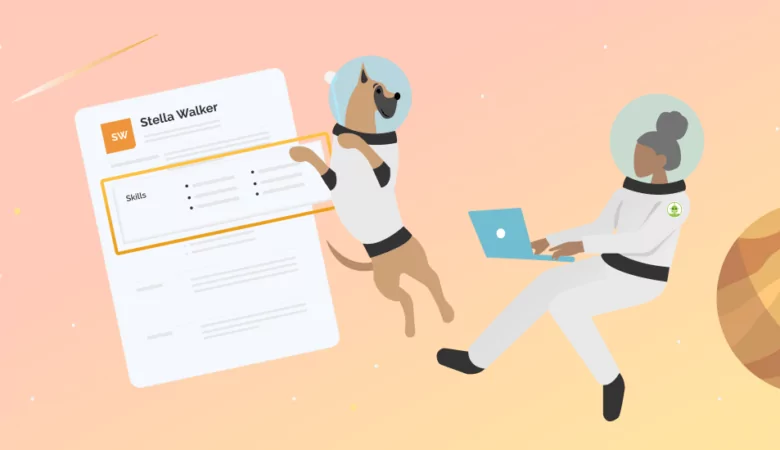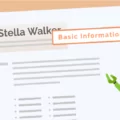The logistics industry is all about getting products to and from a specific place. Here’s what you need to know about writing a professional resume.
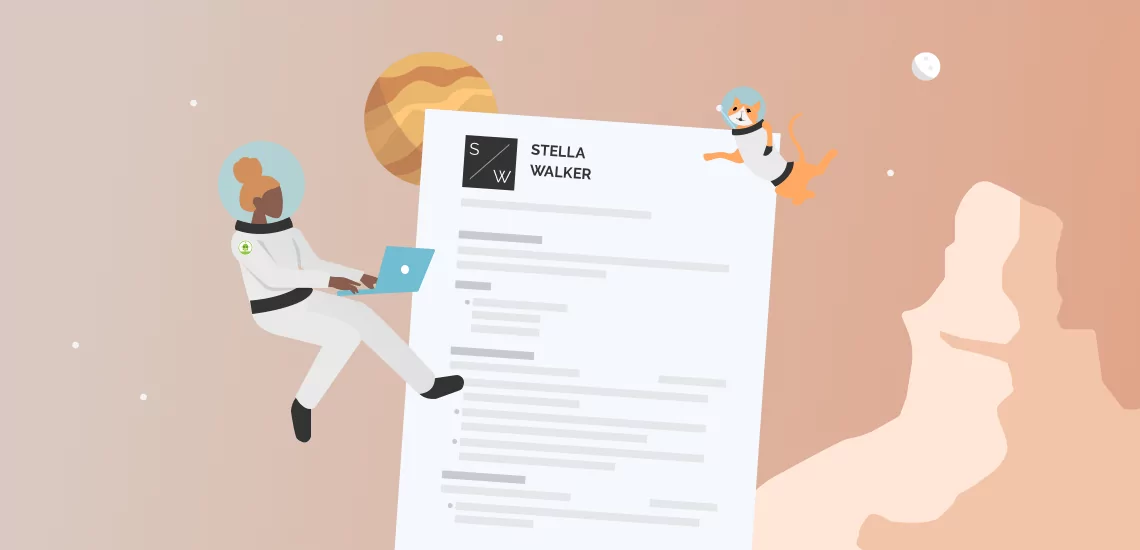
Logistics Resume Examples to Help You Succeed This Year
Logistics Resume Example
The term, logistics, refers to any part of the commercial process surrounding product management and delivery. There are countless jobs in the logistics industry. Whether you’re working to move raw materials to manufacturers, goods to the store, or even purchased products from the store to the customer, you’re working in logistics. Here’s how you can create a better logistics resume.
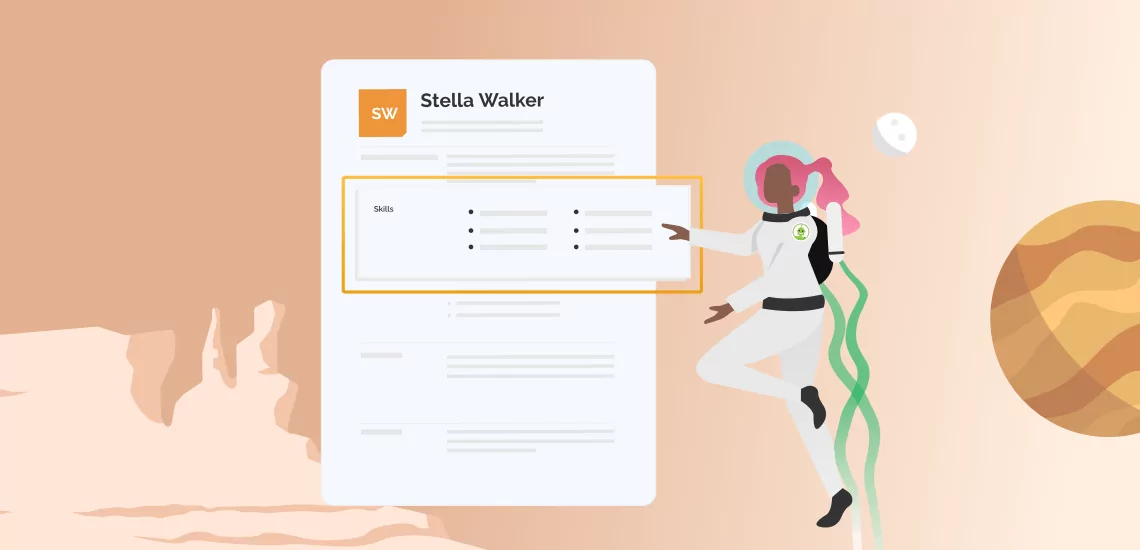
Jobs That Can Use Logistics Resumes
As part of the logistics industry, there are many potential jobs you can take. Here are a few logistics job titles that might use this type of resume:
- Supply chain management
- Logistics coordinator
- Inventory management
- General logistician
- Warehouse manager
If you are in some way moving products from one place to another, you are part of the logistics industry, and this resume structure can help you write a professional resume that catches a recruiter’s attention.
Important Elements for Logistics Resumes
Start by choosing a resume format from the three available options: chronological, functional, and combination. Once you’ve settled on a resume format that fits your specific needs, you can move on to adding your information into the correct resume sections.
Resume summary or objective
The first step to writing a great resume is writing your resume summary or resume objective. This is a 2-3 sentence paragraph at the top of your resume, with the idea being that if a hiring manager could only read this paragraph, they would bring you in for a job interview. Those with more experience should write a resume summary, which focuses on their experience and achievements over the years. Those with less experience should instead write a resume objective, which focuses on skills and education, then ends with an overall career objective.
Skills
A professional resume for a logistics manager should have a robust skills section, including both soft skills and hard skills. Here are a few bullet points to consider adding to your resume:
Communication skills
Problem-solving skills
Project management
Analytical skills
Import/export management
General inventory control
Organizational skills
Product routing
ERP software (Microsoft Office, SAP)
Warehousing
Performing audits
Read through the job description to see which of these skills the hiring manager wants in their logistics professional. Then be sure you add these skills to your resume. Doing this shows the recruiter that you’re the perfect fit for the role.
Work experience
Your work experience section can include up to 10 years of experience. Include all relevant work history, which may include both logistics jobs and related jobs that indicate logistics skills. In bullet points underneath each job, list your job duties, incorporating metrics such as the number of units you moved, the number of customers you managed, and the dollar amount you were responsible for.
Education
Logistics specialists will need at least an associate degree, with most jobs requiring a bachelor's degree. A degree in an area like business administration can be very helpful in indicating your competencies. You don’t need to add a high school diploma, as your college experience will show that you have a high school diploma or equivalent.
Certifications
Look into specific certifications in your field for this section. For example, supply chain workers might choose the CSCP certification from APICS.
<h2>Logistics Resume Examples You Can Use</h2>
<p>One of the best ways to write a better resume is simply to see how other people are writing theirs. If you’re looking for logistics resume samples to help you build your resume, ResumeNerd<a href=”https://www.resumenerd.com/resume-examples”> resume examples</a> are a great place to start. With the wide variety of examples available, you can see how others have built their resumes, giving you a better idea of your options. Plus, it’s a great way to find<a href=”https://www.resumenerd.com/resume-templates”> resume templates</a> so you don’t have to build yours from scratch.</p>
<p> </p>
Tips for Creating Your Logistics Resume
Here are some additional tips to consider when writing your logistics resume:
- Don’t add your GPA to your education section, as a recruiter is not usually interested in this information. Steer toward adding special honors, like the cum laude or the Dean's List.
- Beef up your job duties section underneath each previous job. Emphasize specific roles that you played in those jobs that will help you in this one.
- Narrow down your skills list to only the 8-12 skills you’re confident in. If you include too many skills, you can come off as unfocused or as trying to pad your resume.
FAQ: Logistics Resume Examples
It’s always a good idea to include a cover letter with your job application, even if the job description itself doesn’t specifically ask for one. A cover letter allows you to connect with the recruiter more effectively, gives you more options for describing your past job experience and puts you ahead of any job seekers who didn’t write one. When it comes time to write your cover letter, use the ResumeNerd cover letter builder to do so.
Logistics jobs are often available to people with very little experience in other logistics jobs. When you don’t have much experience, you should instead focus on your skills, knowledge, and experience in other areas that may easily transfer to a logistics job. So, for example, you might include experience with a sales job where you were also in charge of inventory management.
There’s no such thing as a single “perfect resume.” Instead, there’s simply the best resume for each job posting. Before you submit a resume to a new job posting, look through the job description and note any keywords. These may be specific skills the recruiter mentions, specific types of experience the recruiter pointed out, or even just personality descriptors about the preferred applicant. Then, you can include those words in your resume.


